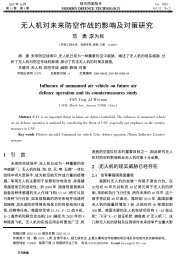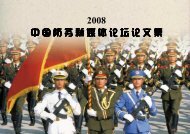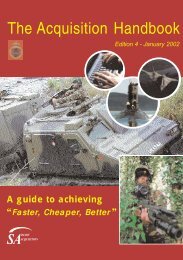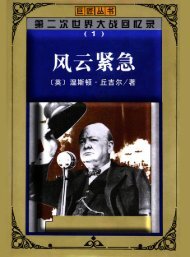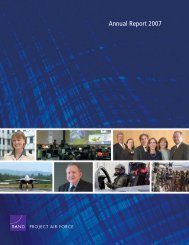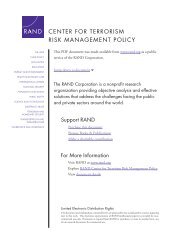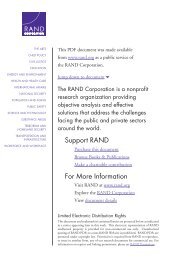How Terrorist Groups End - RAND Corporation
How Terrorist Groups End - RAND Corporation
How Terrorist Groups End - RAND Corporation
You also want an ePaper? Increase the reach of your titles
YUMPU automatically turns print PDFs into web optimized ePapers that Google loves.
<strong>How</strong> <strong>Terrorist</strong> <strong>Groups</strong> <strong>End</strong> 33<br />
that the attention and publicity have been of much value except as ends<br />
in themselves.” 75 When they have achieved victory, it has usually been<br />
because they had narrow goals, such as policy or territorial change. No<br />
terrorist group that sought empire or social revolution has achieved<br />
victory since 1968. Perhaps more importantly, in most cases, terrorism<br />
had little or nothing to do with the outcome. There is rarely a causal<br />
link between the use of terrorism and the achievement of its goals.<br />
One of the most significant exceptions is the African National<br />
Congress (ANC). The ANC was created in 1912 and turned to terrorism<br />
in the 1960s. ANC leader Nelson Mandela, imprisoned for terrorist<br />
acts from 1964 to 1990, was elected South Africa’s first president<br />
following the end of apartheid. The last ANC attack occurred in 1989,<br />
and the organization became a legal political actor in 1990. As Mandela<br />
remarked at his 1964 trial, “without violence there would be no<br />
way open to the African people to succeed in their struggle against the<br />
principle of white supremacy. All lawful modes of expressing opposition<br />
to this principle had been closed by legislation, and we were placed<br />
in a position in which we had either to accept a permanent state of inferiority,<br />
or to defy the Government.” 76 There are also a number of historical<br />
examples of successes. For example, the FLN against the French<br />
in Algeria (1954–1962) and the Irgun and Lohamei Herut Israel (Lehi)<br />
against the British during the Palestine Mandate (1937–1948) were<br />
successful in achieving their objectives. In both cases, terrorism played<br />
an important role in change, but it was not sufficient in Algerian independence<br />
or the creation of the state of Israel. 77<br />
Terrorism’s ineffectiveness cuts against the prevailing view among<br />
much of the literature on terrorism, which assumes that terrorism is an<br />
75 Thomas Schelling, “What Purposes Can ‘International Terrorism’ Serve?” in R. G. Frey<br />
and Christopher W. Morris, eds., Violence, Terrorism, and Justice, Cambridge and New York:<br />
Cambridge University Press, 1991, pp. 18–32, p. 20.<br />
76 Nelson Mandela, “An Ideal for Which I Am Prepared to Die: Nelson Mandela April 20<br />
1964,” Guardian, April 23, 2007.<br />
77 On the FLN and Irgun cases as successful cases of terrorism, see Crenshaw (1996,<br />
pp. 260–261) and Hoffman (2006, pp. 43–62).




